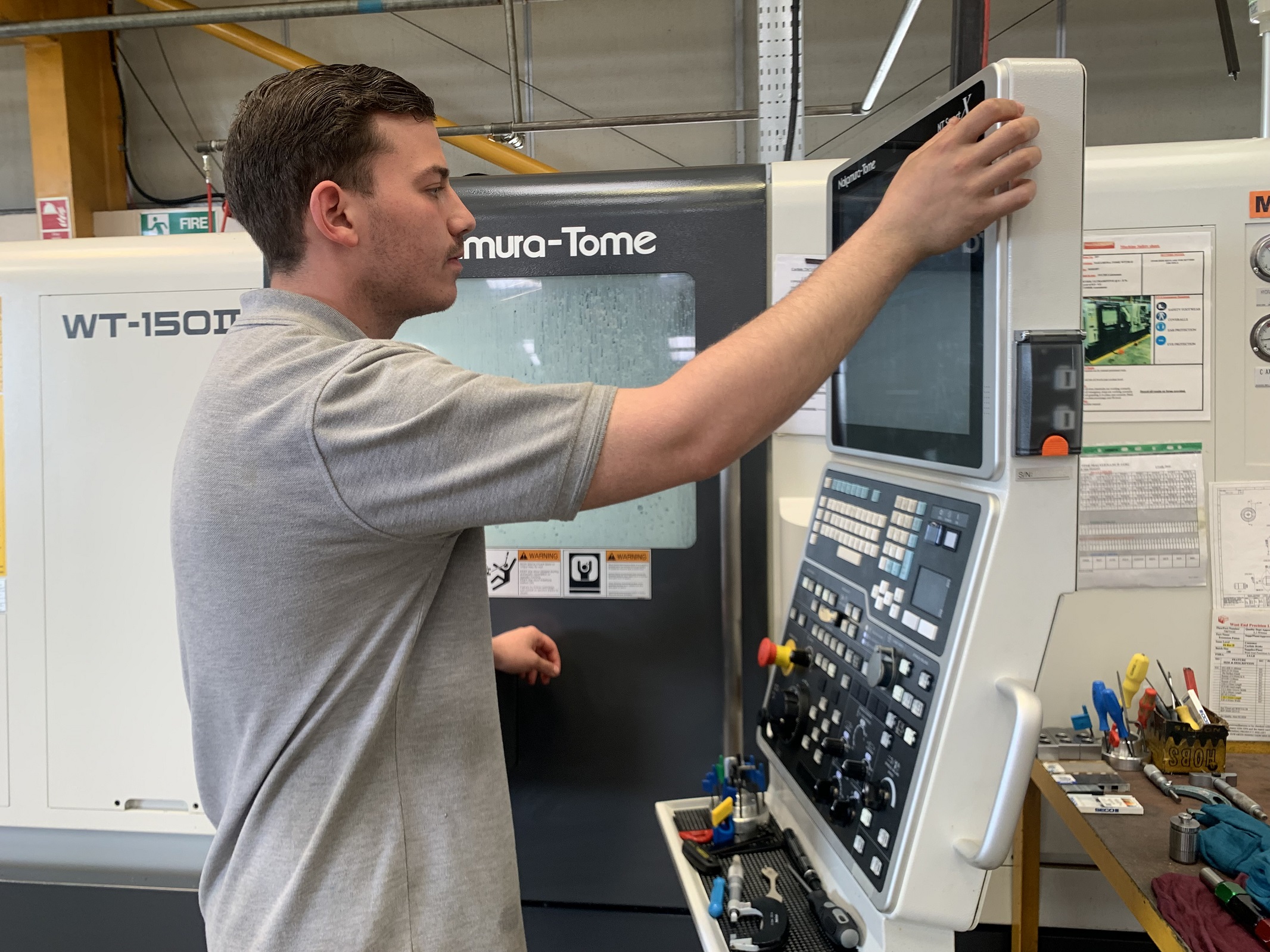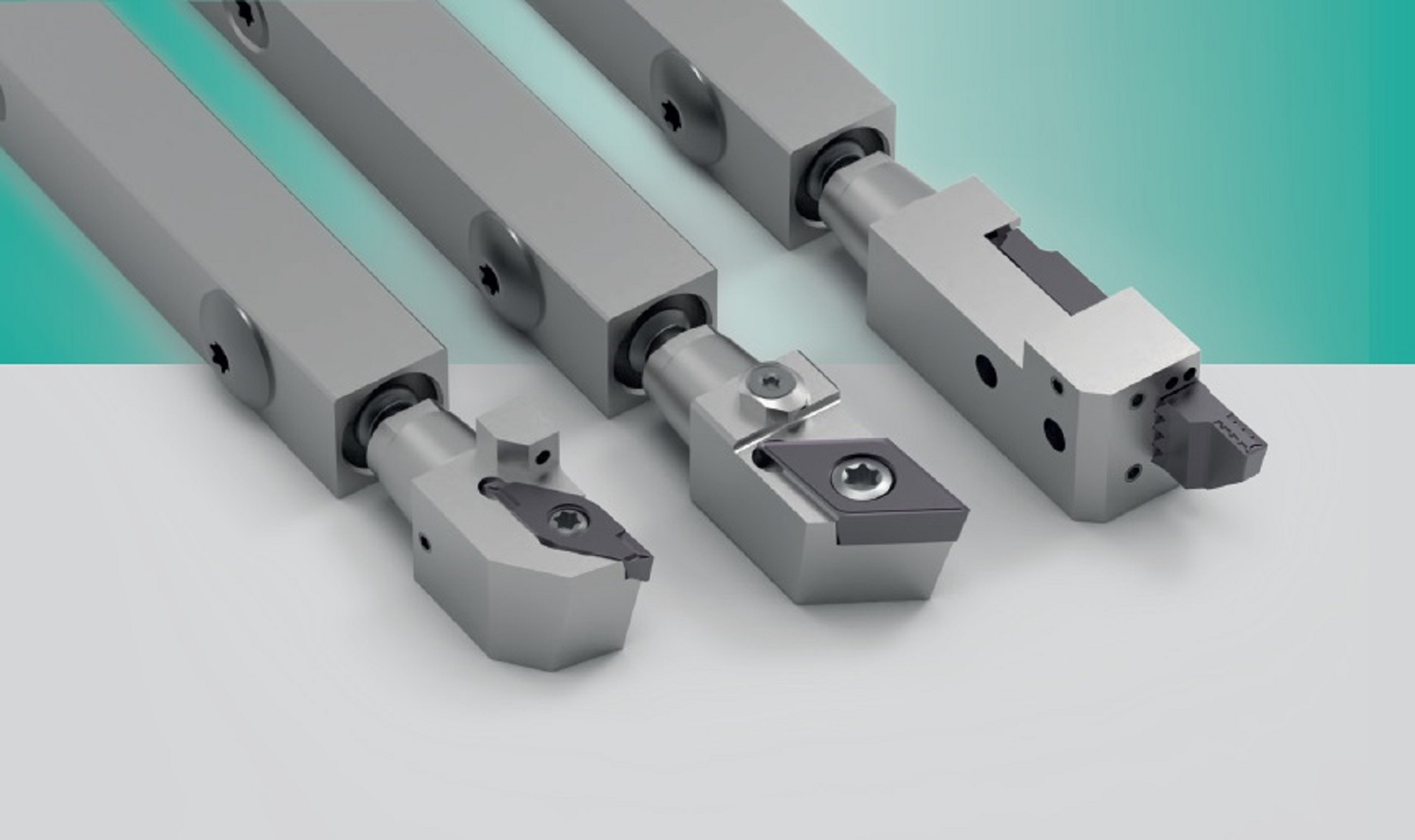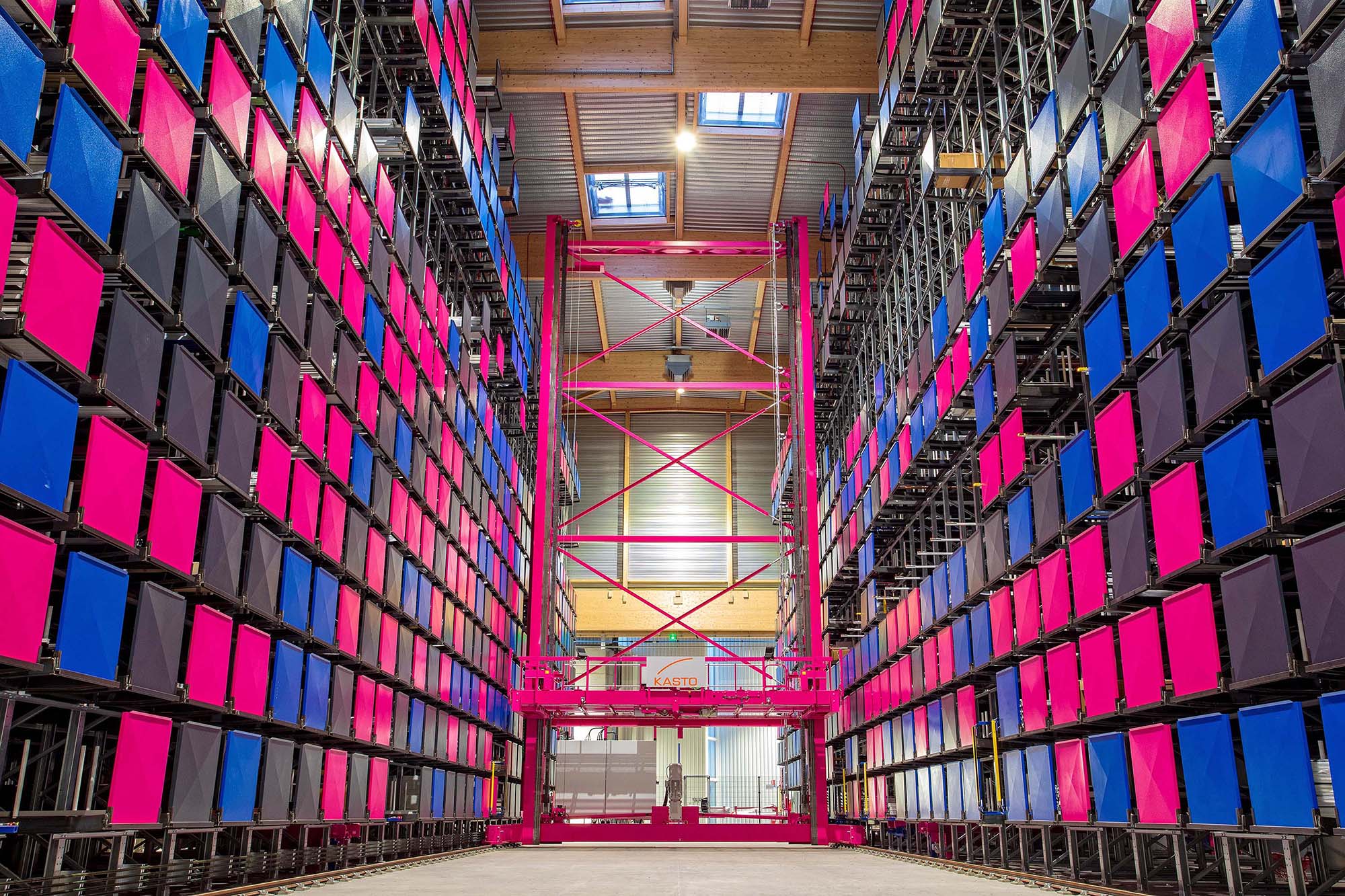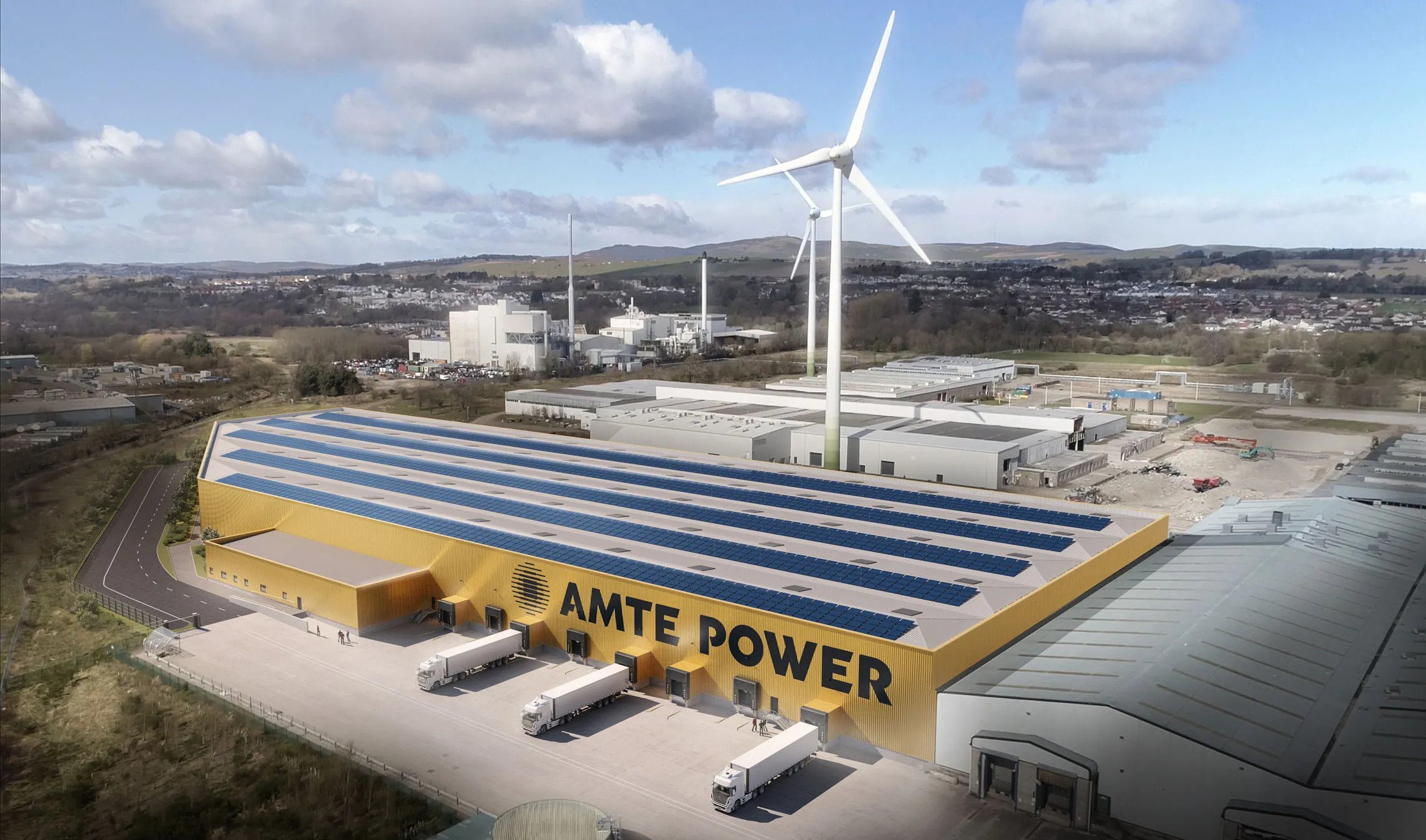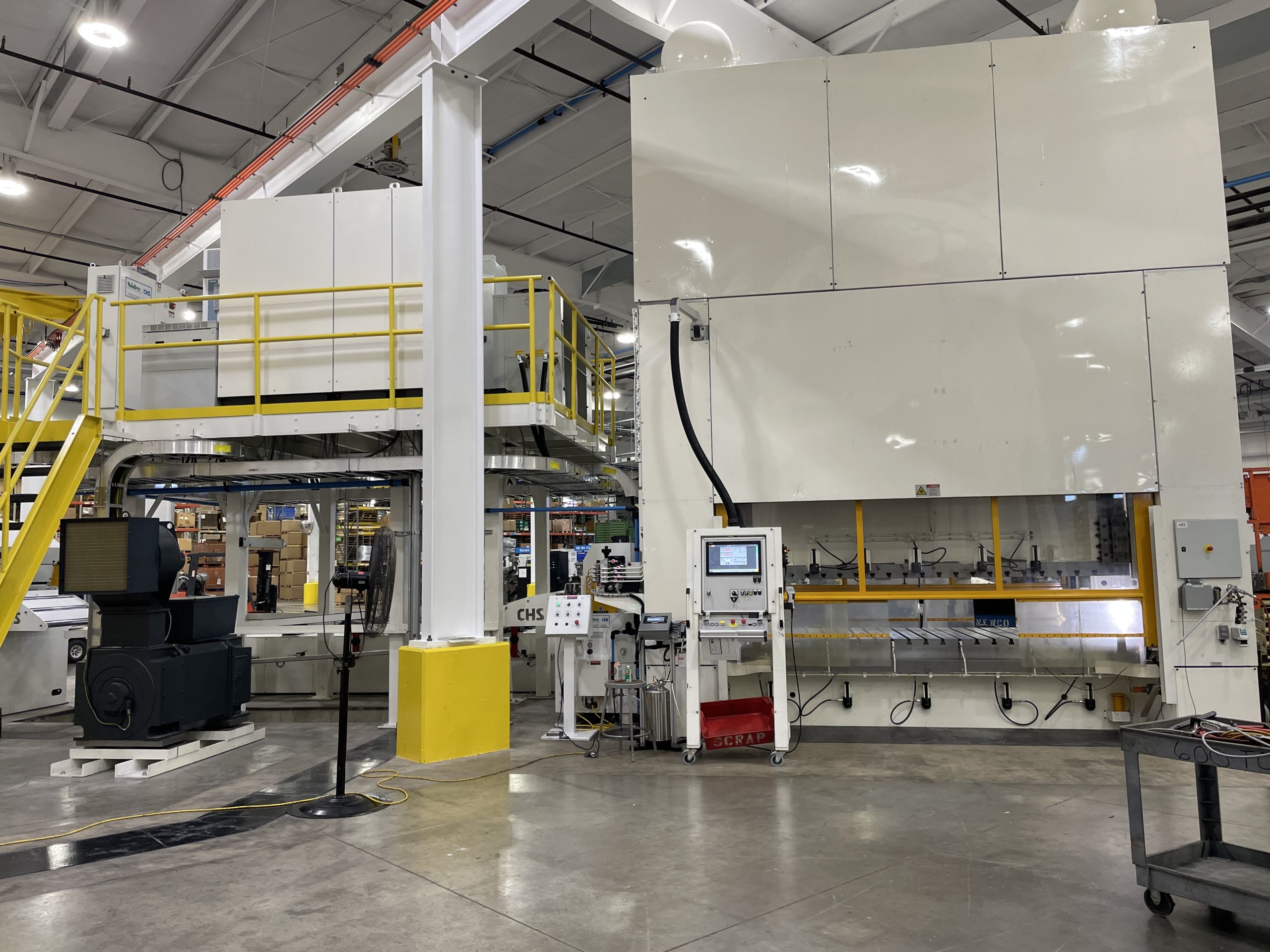Located on the north coast of Devon, West End Precision has recently taken delivery of its 17th Nakamura-Tome turning centre from the Engineering Technology Group (ETG), a machine that landed only months after number 16.
The Bideford subcontract manufacturer has endured challenges over the past couple of years like all companies in the automotive, aerospace and general subcontract manufacturing supply chain, but business is certainly booming with West End Precision taking delivery of a Nakamura-Tome NTY3-150 just over 12 months ago and a WT150II this summer. With 15 sliding-head turning centres, multi-spindle automatics, centreless grinders and 17 Nakamura machines, the company is no run-of-the-mill manufacturing business.
Alex Dziurzynski, production manager at West End Precision, says: “We’re predominantly a high-volume manufacturer and we’ll typically set the machine and run it for an awfully long time. We do all the programming at the console; we don’t do any offline programming and the onus is that once the machine has been set, it will keep running and running. This strategy also helps us from an operator perspective as we can have one operator running a couple of machines. As long as the machines are running and the spindles are turning, you’re making money. The Nakamura machines give us that ability.”
West End Precision is working a double shift just to keep up with demand. Although some customers went a little quiet a couple of years ago, over the last 18 months things have become bigger and bigger. The company’s largest customer has doubled in size and its demand has risen massively, hence the level of investment that West End is currently making. According to the company, now is the time to invest as the opportunities are there.
Discussing why the company has gone for the Nakamura-Tome NTY3-150 three-turret, twin-spindle turning centre, Dziurzynski says: “Originally, we completely gambled on this machine. It was a step into the unknown for us and, with three turrets, it was a dream of our engineers – so we thought we’d give it a go. We initially bought the machine to set up five very similar jobs of the same material. This tactic meant we could tool the machine for the five jobs and run a batch of each job every week. These are highly complex jobs that are against the grain of what we do, as we typically machine easier components and set the machine for high-volume parts.”
He adds: “It’s always been changeovers that have caused us the problem. However, in the past six months our volumes have gone through the roof, so the machine that was bought with the older technology was only ever making one component and this made it somewhat of a wasted resource. Since that time, we’ve had a very complicated job come on and that has gone on to the three-turret machine. To go from a two-turret to a three-turret machine, we’re getting the parts completed around 50% faster. This saving makes for a massive increase in production rate. It’s a fantastic machine that is working perfectly well. The guys on the shop floor are already for another.”
Looking at the work on the shop floor, Mark Hamley from West End Precision adds: “When I first came here to start work on a twin-spindle machine, it was great to finish a part complete on the machine without any secondary operations. Now, we’re doing more and more complex work as the years go by, and we’re doing it faster and faster.”
Looking at the technology improvements built into the Nakamura NTY3-150 machine, Hamley says: “With the new Nakamura NTY3-150 we have load monitoring, which is something we don’t have on the older machines. This feature detects any drill breakages and other issues and immediately stops the machine. It also detects wear on the cutting tool tips and provides a warning. This prevents you from inadvertently creating any tool damage as it stops the machine and prompts the operator to inspect and change the inserts.”
West End Precision has one job machined from a billet on an old Nakamura that was too big for the spindle, which meant the company had to gantry load it into the machine. Today, West End can put this job directly on the Nakamura NTY3-150, which has reduced cycle times from 5 minutes 40 seconds to 3 minutes 35 seconds. It has also cut out the second operation. The job now comes off the Nakamura NTY3-150 machine complete and ready to go to the customer.
Looking at the quality of the Nakamura machines from ETG and the service and support, Dziurzynski says: “Purchasing decisions often come down to the reliability of the machines and Nakamura consistently gives us very good reliability. Even with the old machines, the maintenance and performance are so good that they have sold themselves throughout history, which has paved the path for new machines as we go forward.”
With another WT150II machine just landing at West End Precision and ETG forward ordering machines to guarantee availability for its customers, he adds: “There’s lots of noise about machines not being delivered and you cannot get machines. While I don’t expect to get a machine tomorrow, I ordered a machine in February and ETG were very honest and told me that delivery would be in May. True to their word it arrived in May. This has given us the ability to plan and they’ve done everything they said they were going to do.
Taking a look at the Nakamura-Tome brand, in particular, he concludes: “The technology continues to move on and this is evident with the Nakamura NTY3-150 triple-turret machine and what it can offer. It’s what dreams were made of years ago, and now it’s the norm with Nakamura. They are not standing still, we are not standing still and neither is ETG. We are on this journey together.”
For further information www.engtechgroup.com




